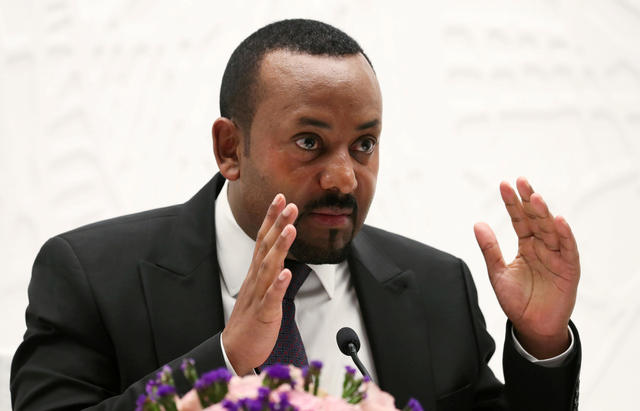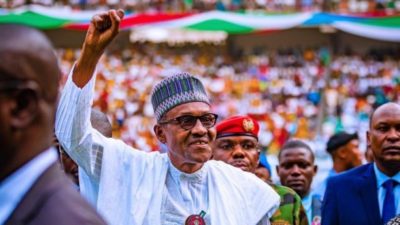The Ethiopian government has announced that it will cease the issuance of visas on arrival for Nigerians with immediate effect.
This was made known on Tuesday through a memo sent to travel partners by the East African nation, where it indicated that travellers need to obtain their visas from the embassy before entry into the country
“Please, be informed that effective immediately, no more visas on arrival for Nigerian citizens,” it reads in part.
It also revealed that “Passengers having a layover in Addis to travel the next morning to Zanzibar, Seychelles, Lusaka, Lilongwe, Harare, Cape Town, etc., are not affected by the ban and do not need a transit visa for their trips,”
Similarly, it mandated that Nigerians and 42 other nations intending to come to the country show proof of yellow fever vaccination cards at its borders.
Reasons for the adoption of this policy remain unknown.
Recent events
Ethiopia is among friendly countries with strong ties with Russia, whose overtures in Africa have in recent times left European officials anxious about the EU’s cautious pace to re-engage the Ethiopian government, despite accusations of war crimes and ethnic cleansing.
Ethiopian Prime Minister Abiy Ahmed was once a darling of the West and hailed as a reformer, even winning the 2019 Nobel Peace Prize, but has been more recently criticized for ordering the systematic murder of civilians in the Tigray region during a civil war. As a result, the EU has been reluctant to resume full financial support for Ahmed’s regime, despite tentative peace negotiations in the country.
But several EU diplomats from the bloc’s larger members argue Russia’s increasing presence in Ethiopia has made it difficult to maintain strict EU standards in the country — and say countries including Italy, Germany, France and the Netherlands are pushing to give more funding to the country’s government. Russian Foreign Minister Sergey Lavrov was even in Addis Ababa on Wednesday July 27, 2022, pledging support and accusing Western powers of retaining a colonial mindset in the region.
“There are fears Russia might take advantage of deteriorating ties with Addis and its Western partners,” said William Davison, senior Ethiopia analyst at the International Crisis Group in the Thursday July 28, 2022 report by Politico.eu (https://www.politico.eu/article/europe-russia-ethiopia-rethink/). “So there is an overarching desire with some countries for stability with a relatively important ally over humanitarian concerns like accountability over war crimes.”
Nigeria remains indecisive as to where it belongs even as the Western influence continues to have its domineering impact on the ability of the country to move forward at its own pace, whereas other African countries have taken a stand for free Africa with many of them queuing behind Russia and China.
Ethiopia, in particular, continues to publicly declare its commitment to cemented ties with Russia. Questions are asked along this line as to why sudden negative immigration decision against Nigeria is coming from Ethiopia to Nigeria with more tongues wagging around Nigeria’s indecision as more African countries see Russia as fighting for the freedom of all without expectation of undue benefits like West would do to the black continent.




